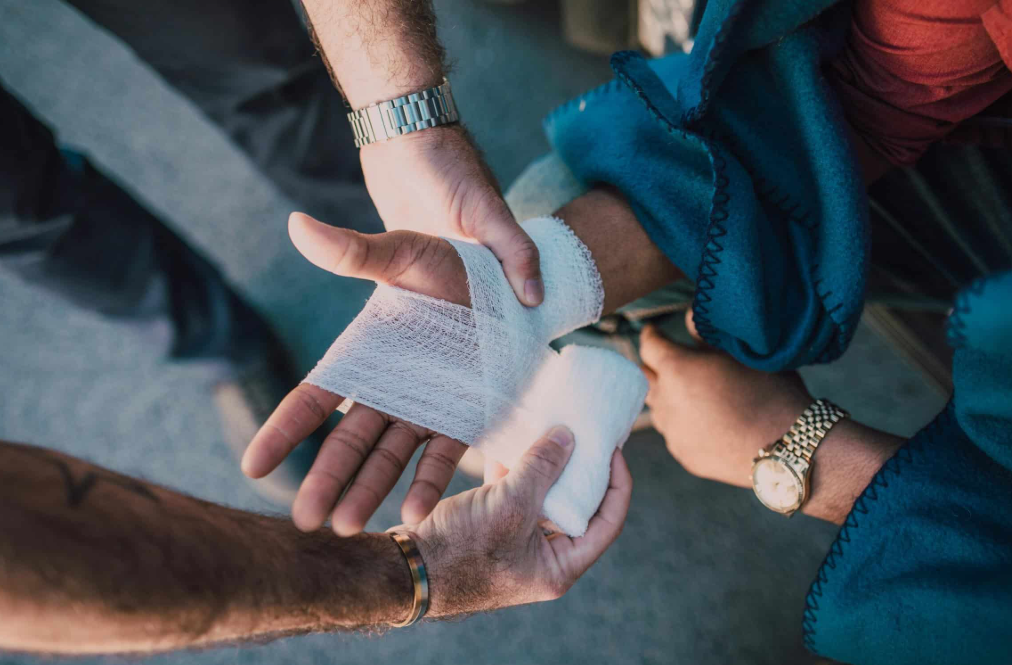How Long Does It Take to Resolve a Personal Injury Case?

If you’ve been injured due to someone else’s negligence, one of the first questions you may have is: How long will it take to resolve my personal injury case? While every case is unique, understanding the factors that influence timelines can help you set realistic expectations and plan for your financial and emotional recovery.
Average Timeline for Personal Injury Cases
On average, a personal injury case can take anywhere from a few months to several years to resolve, depending on:
-
The severity of your injuries
-
Complexity of the case
-
Willingness of the insurance company to negotiate
-
Whether the case settles out of court or proceeds to trial
Stages of a Personal Injury Case Timeline
1. Medical Treatment and Recovery (Weeks to Months)
Your health is the top priority. It’s crucial to complete medical treatment or reach maximum medical improvement (MMI) before settling your case, as this ensures all injuries are fully assessed and accounted for in your compensation.
2. Hiring a Personal Injury Lawyer (Immediately or Within Days)
Consulting a lawyer early helps preserve evidence and handle communications with insurance companies effectively. Delaying this step may slow your claim.
3. Investigation and Documentation (1-3 Months)
Your lawyer will gather medical records, accident reports, witness statements, and other evidence to build a strong case.
4. Filing a Demand Letter and Negotiation (2-6 Months)
Once your injuries are stable and all evidence is collected, your lawyer sends a demand letter to the insurance company, outlining your injuries, damages, and the compensation sought. The insurance company may:
-
Accept the demand and settle quickly
-
Make a counteroffer, leading to further negotiations
-
Deny the claim, leading to litigation
5. Filing a Lawsuit (If Settlement Fails) (1-2 Years)
If negotiations fail, your lawyer will file a lawsuit. This process involves:
-
Discovery phase: Both parties exchange information, conduct depositions, and gather further evidence.
-
Motions and hearings: Addressing legal issues before trial.
-
Mediation or settlement conferences: Courts often encourage settlements before trial.
-
Trial: If no settlement is reached, your case goes to trial, where a judge or jury decides the outcome.
Why Do Some Personal Injury Cases Take Longer?
Several factors can extend the duration of your case:
-
Severe or Complex Injuries
-
Serious injuries require extensive medical treatment, multiple assessments, and long-term care plans, delaying settlement until the full impact is clear.
-
-
Disputes Over Liability
-
If the other party denies fault or there are multiple parties involved, investigations take longer.
-
-
Insurance Company Tactics
-
Insurers may delay negotiations, hoping claimants will settle for less out of financial desperation.
-
-
Court Backlogs
-
If your case proceeds to trial, court scheduling may cause additional delays, sometimes over a year.
-
Should You Settle Quickly?
While settling early might seem convenient, it often results in receiving less compensation than you deserve, especially if the full extent of your injuries is unknown. Always consult your lawyer before accepting any offers to ensure you’re not left with unpaid medical bills or future financial burdens.
How Can You Speed Up Your Personal Injury Case?
-
Seek medical treatment immediately and follow all recommendations.
-
Provide your lawyer with all necessary documents promptly.
-
Communicate regularly with your legal team.
-
Be patient with the process. While delays can be frustrating, thorough preparation strengthens your case and improves your final compensation.
Conclusion
The timeline for resolving a personal injury case varies based on injury severity, case complexity, and whether settlement or trial is required. While it can take months to years, having an experienced personal injury lawyer london by your side ensures your case progresses efficiently and your rights are protected every step of the way.
- Vibnix Blog
- Politics
- News
- Liberia News
- Entertainment
- Technology
- Onderwijs
- Art
- Causes
- Crafts
- Dance
- Drinks
- Film
- Fitness
- Food
- Spellen
- Gardening
- Health
- Home
- Literature
- Music
- Networking
- Other
- Party
- Religion
- Shopping
- Sports
- Theater
- Wellness


